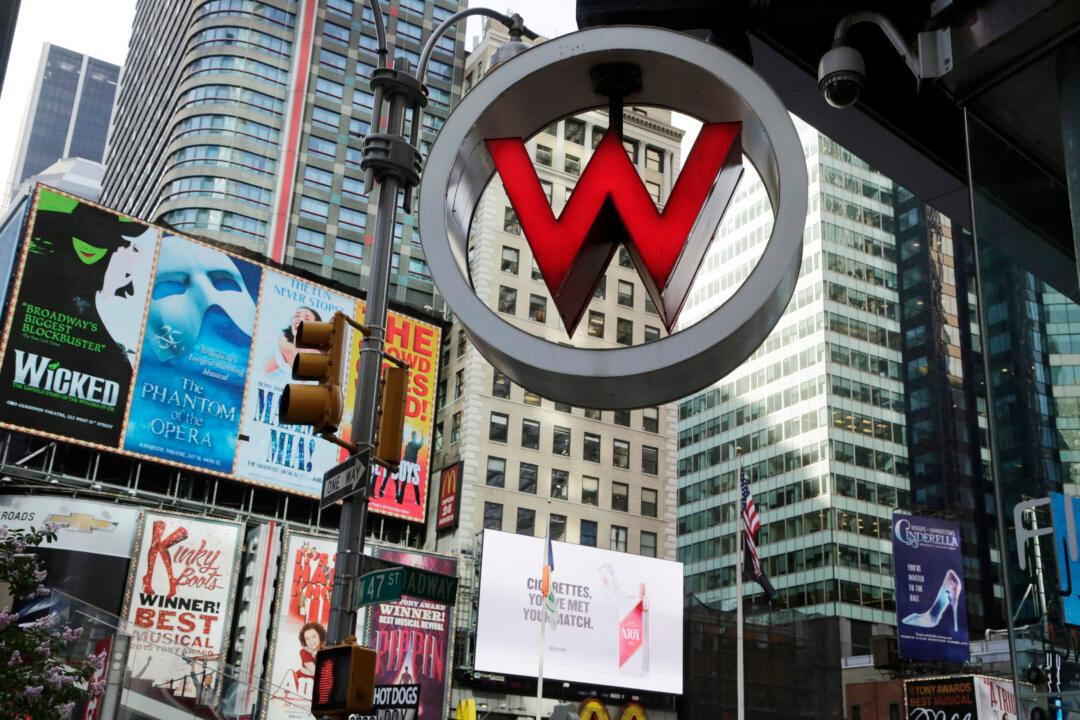NEW YORK—Somewhere between their Westin Heavenly Beds and the room’s rainfall shower system, Starwood hotel loyalists were struck Monday morning by a new reality: their beloved loyalty program would soon be gobbled up by Marriott’s less-generous reward system.
“It ruined my breakfast. I realized all the effort put into lifetime status with Starwood has been wasted,” says Edward Pizzarello, a partner in a private venture capital firm who spends 130 nights a year on the road and writes the travel blog PizzaInMotion.com.
Marriott International announced plans Monday to buy Starwood Hotels and Resorts in $12.2 billion stock-and-cash deal. The transaction is expected to close in the middle of 2016. No details have been released yet on what it means for the loyalty programs but Marriott CEO Arne Sorenson says “we will take the best of both programs and make sure the bests are preserved.”
Starwood’s frequent guests are used to upgrades to oversized suites. They are guaranteed late checkouts. And forget calling a random 1-800 number. Those who spend 100 nights a year with the chain have personal “ambassadors” who are supposed to make “each trip special.”
Even road warriors loyal to other chains still have the Starwood Preferred Guest American Express card in their wallet. The transfer bonuses to airlines have long made it a favorite of miles junkies. For instance, it earns American Airlines or Delta Air Lines miles 25-percent faster than the airlines’ own branded credit cards.





